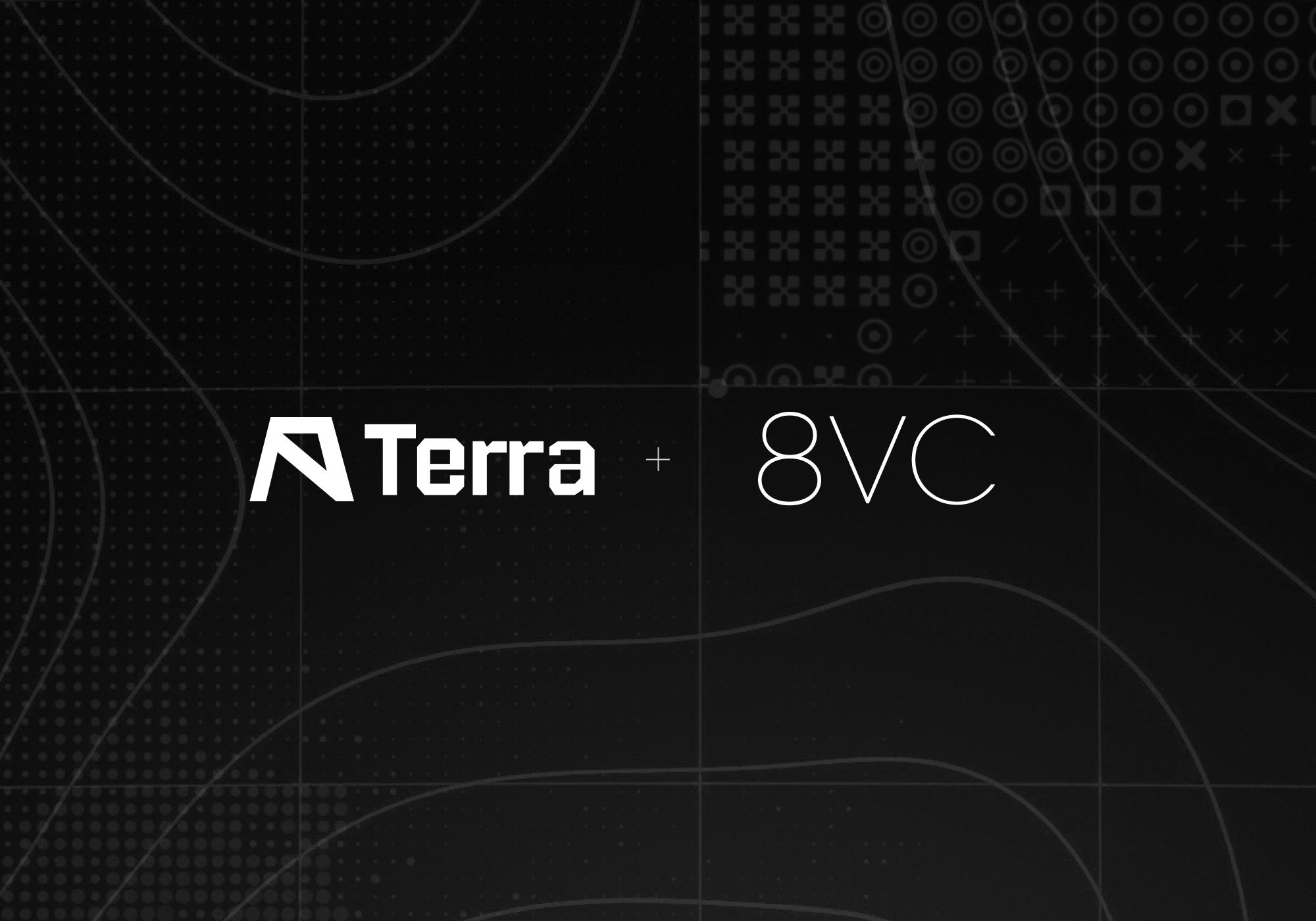A Smarter Yard: Introducing Terminal Industries

Share

The yard is one of the last great frontiers of untapped value in transportation. Across the US, $10 trillion in goods are transported by trailer per year, and 80% of trailers are parked at one of ~140,000 manufacturing plant or distribution warehouse yards. 92% of these sites lack any technological enablement, while clipboards, whiteboards, and peg boards are often the state of the art. Worse than being tedious, this means hidden costs can multiply as problems go undiagnosed, i.e. excessive truck wait times, chassis downtime, unplanned maintenance, and detention fees, just to name a few.
Each challenge affecting global logistics is felt acutely in the yard. Labor and capacity shortages, volatile consumer demand, and high on-time, in-full (OTIF) expectations have made everyday operational inefficiencies that much more costly. Furthermore, companies are under increasing regulatory pressure, as more geographies require them to report the carbon-emitting activities that pass through their gates. For example, California’s Rule 2305 will subject facilities above 100,000 square feet to a carbon tax based on annual truck count starting in 2025. This can be offset by investing in zero-emissions infrastructure, but few companies have the means to calculate their liability in the first place.
Terminal Industries was founded by veteran AI entrepreneurs, alongside 8VC and Prologis, to address these challenges and many others. This begins with solving fundamental problems in AI, i.e. how to extract and index the data needed to identify a set of assets within a given area: trucks, trailers, chassis, personnel, etc. In addition to streamlining operations, Terminal can implement national-scale, low-cost sensor networks, starting with computer vision applications. This data asset will be built into numerous products, from regulatory compliance to real-time inventory building and asset tracking. By combining best-in-class machine learning with analytical metadata, Terminal will provide operators with unprecedented visibility into the forces that shape their businesses. This will enable them to optimize individual sites, and also understand holistic and local performance trends, iterate on process improvements, and implement best practices across their network.
Terminal’s machine learning platform represents a massive upfront technical investment that will pay immediate dividends. With this foundation in place, not only will training models become easier, but additional modules can be layered on with increasing efficiency, consolidating workflows and capturing data exhaust to feed yet more workflows. Potential applications range from yard management to regulatory compliance to payment processing.
Today, Terminal emerged from stealth, with top-tier funding, leadership, and GTM motion. At 8VC, we often talk about unfair advantages, and Terminal has created many of them.
Terminal’s co-founders, CEO Max Constant and CTO Neil Robertson, are teaming up for the 3rd time, having previously built and scaled two venture-backed AI companies together. Neil’s machine learning and applied R&D expertise, together with Max’s experience in operations, finance, and corporate development, are a formidable combination. Matt Yearling, Terminal’s President, completes the leadership team, following his tenure as CEO of PINC, a pioneer in yard management and visibility systems. They are joined by a dozen veteran engineers from their previous companies. Together, this group has carved out a unique formula, tackling overlooked industries and rapidly prototyping and productizing multi-functional technologies.
In addition to the full-time team, Terminal’s key advisors are a who’s who of industry leaders, including:
- Chris Sultemeier (former EVP, Walmart)
- Shaleen Devgun (EVP & CTO, Schneider)
- Alan Gershenhorn (former EVP and CCO, UPS)
- Craig Fuller (Founder & CEO, Freightwaves)
We co-founded Terminal, and co-led their $17 million seed round, with Prologis Ventures, the venture arm of the global leader in logistics real estate. We are joined by some of the largest corporate strategics (NFI Ventures, RyderVentures, Lineage Logistics, VVG, Schneider) in the industry as well as the most active VCs (9Yards, Amplifier, Northstar, MS&AD) in the space. For 8VC, Terminal is both a bet on one of the most important and underserved areas of logistics, and a key milestone in the evolution of our industry thesis.
Network effects are essential to 8VC’s Smart Enterprise strategy, and Terminal will benefit from several. Individual facilities will now have the ability to be connected globally, in real time. Terminal will also create widespread network effects as more specialized applications for operators and service providers are built on top of its infrastructure. Arguably most important is the Prologis network, which includes over 5,500 warehouses worldwide, with over 6,000 customers. This creates a unique channel to understand and address those customers’ pain points, refine product offerings, and deploy at scale.
We could not be more excited to be a part of it, and to partner with Max, Neil, and friends in solving the critical problems the world’s logistics operators confront daily.






.png)

.png)


